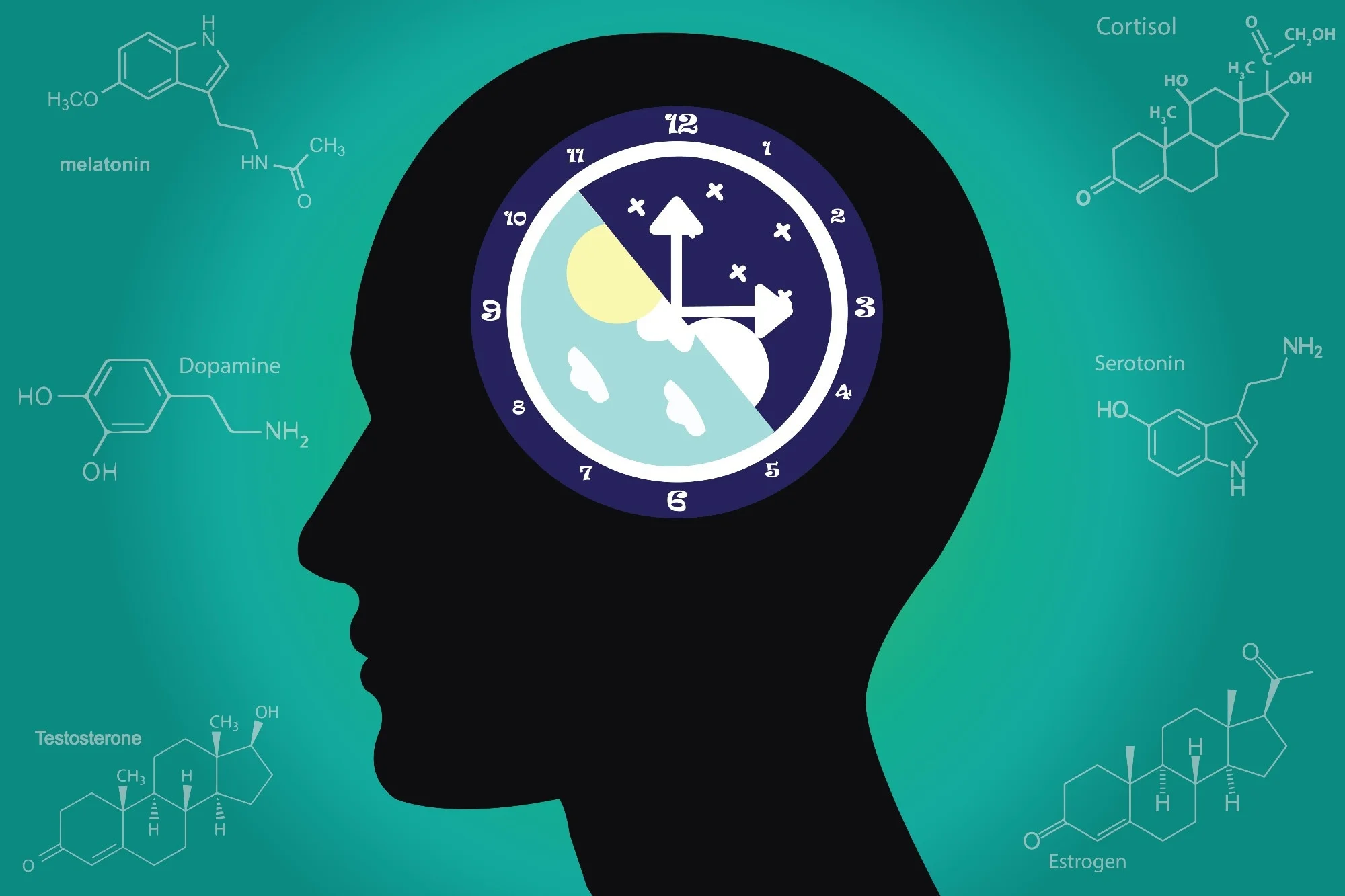Sleep is a fundamental aspect of human life, yet many people don’t fully understand the intricacies of sleep patterns. Sleep patterns refer to the natural, recurring cycles of sleep stages that occur throughout the night.
In this article, we’ll explore the different types of sleep patterns, the stages of sleep, and the importance of understanding and maintaining healthy sleep patterns for overall well-being.
Types of Sleep Patterns
There are two main types of sleep patterns:
- Monophasic Sleep Pattern:
- Monophasic sleep is the most common type of sleep pattern in which an individual sleeps for one continuous period during a 24-hour cycle, typically at night, with one episode of sleep per day.
- In a monophasic sleep pattern, most of the sleep occurs during a single, consolidated period, usually at night, with minimal or no napping during the day.
- Polyphasic Sleep Pattern:
- Polyphasic sleep is a sleep pattern that involves sleeping multiple times within a 24-hour period, as opposed to sleeping once for a single, consolidated period.
- Examples of polyphasic sleep patterns include the biphasic sleep pattern (which involves two periods of sleep per day) and the Uberman sleep pattern (which involves multiple short naps throughout the day).
Stages of Sleep
Sleep is divided into two main types: rapid eye movement (REM) sleep and non-rapid eye movement (NREM) sleep. Each type of sleep is associated with different stages characterized by distinct brain wave patterns and physiological changes:
- Non-Rapid Eye Movement (NREM) Sleep: NREM sleep is divided into three stages:
- Stage 1: This is the transition period between wakefulness and sleep. It is a light sleep stage during which you may experience drifting in and out of sleep, and muscle activity slows down.
- Stage 2: This is a slightly deeper sleep stage during which brain waves slow down, and the body prepares for deep sleep. It is characterized by the presence of sleep spindles and K-complexes on electroencephalogram (EEG) readings.
- Stage 3: Also known as deep sleep or slow-wave sleep (SWS), this stage is the deepest and most restorative stage of sleep. It is characterized by slow, delta brain waves, and it is when the body repairs and regenerates tissues, muscles, and bones.
- Rapid Eye Movement (REM) Sleep: REM sleep is the stage of sleep associated with vivid dreams and rapid eye movements. During REM sleep, the brain is highly active, while the body remains largely paralyzed. REM sleep is essential for cognitive function, memory consolidation, and emotional regulation.
Importance of Sleep Patterns for Health
Maintaining healthy sleep patterns is essential for overall health and well-being. Poor sleep patterns have been linked to a variety of health problems, including:
- Increased risk of chronic conditions such as obesity, diabetes, and heart disease.
- Impaired cognitive function, memory, and concentration.
- Mood disorders such as depression and anxiety.
- Weakened immune system and increased susceptibility to illness and infection.
- Increased risk of accidents and injuries due to impaired alertness and reaction times.
Tips for Improving Sleep Patterns
To improve your sleep patterns and promote better sleep quality, consider the following tips:
- Stick to a consistent sleep schedule by going to bed and waking up at the same time every day, even on weekends.
- Create a relaxing bedtime routine to signal to your body that it’s time to wind down and prepare for sleep.
- Create a comfortable sleep environment by keeping your bedroom cool, dark, and quiet.
- Limit exposure to screens before bedtime, as the blue light emitted by electronic devices can interfere with your body’s ability to fall asleep.
- Avoid caffeine, nicotine, and heavy meals close to bedtime, as they can disrupt sleep.
Conclusion
Understanding sleep patterns and the stages of sleep is essential for maintaining good health and well-being. By paying attention to your sleep patterns and making small changes to improve your sleep quality, you can enjoy the many benefits of a good night’s rest, including improved mood, cognitive function, and overall quality of life.

Leave feedback about this